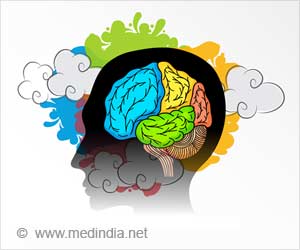
‘Mindfulness-Based Cognitive Therapy (MBCT) is an effective treatment option for preventing the recurrence of major depression.
’
Tweet it Now
One such psychiatric treatment is Mindfulness-Based Cognitive Therapy (MBCT). The MBCT program involves a group session of two hours a week for eight weeks and a full-day class on the fifth week.Researchers from the Oxford University and Institute of Psychiatry, Psychology & Neuroscience (IoPPN) have analyzed data of 1258 patients from nine randomized trials of MBCT to determine the efficacy of the treatment in relapse prevention for recurrent depression.
The results were compared to other standard depression treatments such as antidepressants. After 60 weeks follow-up period, researchers found that about 38% of participants who received MBCT had a depressive relapse while 49% of those who did not receive MBCT had a relapse.
People who received MBCT were 31% less likely to relapse during the 60-week follow-up compared with those who did not receive MBCT. The research was published in the Journal JAMA Psychiatry.
“There is a small but significant benefit of MBCT when delivered alongside or as an alternative to antidepressants, in terms of reduced rates of relapse,” said Willem Kuyken, lead author of the study.
Advertisement
Source-Medindia















